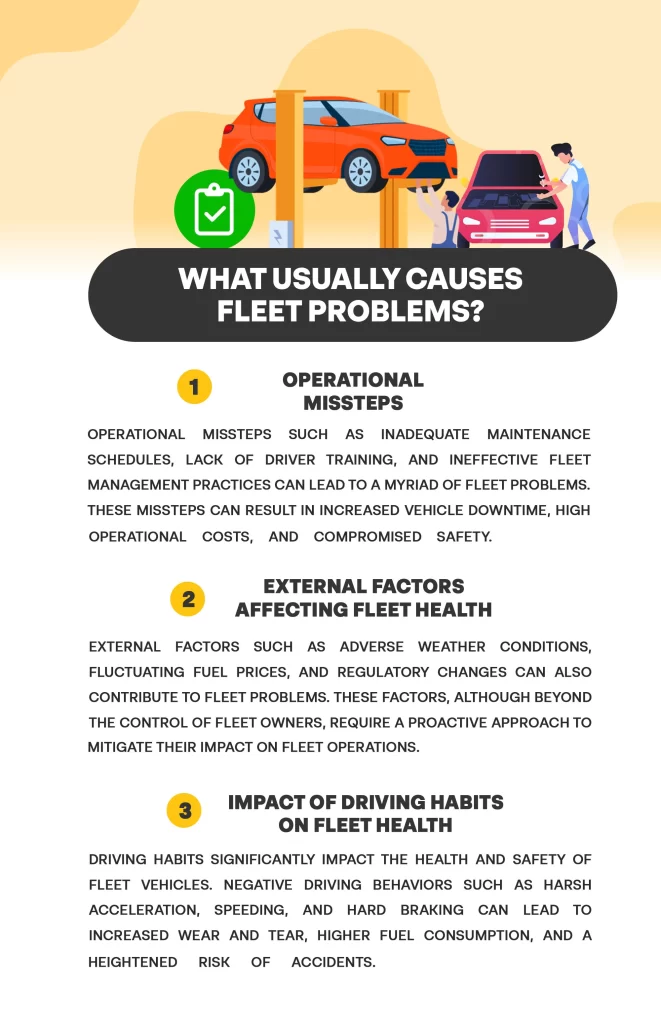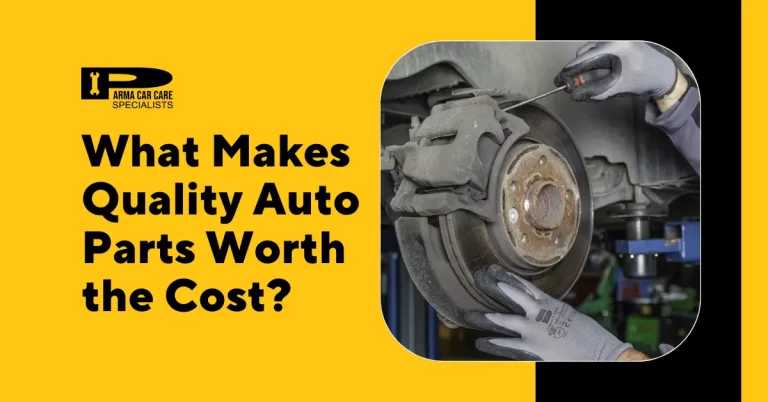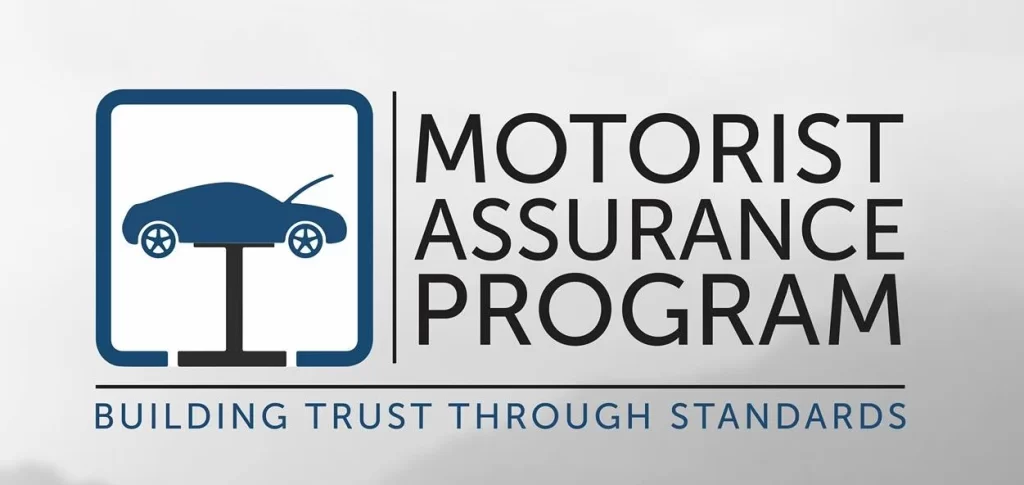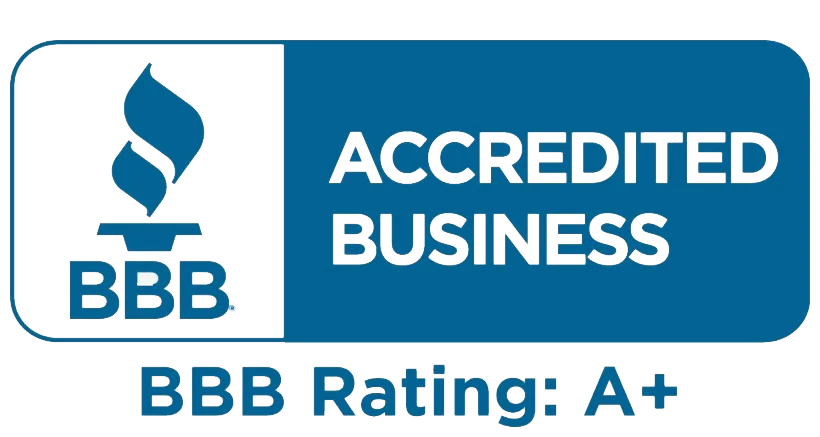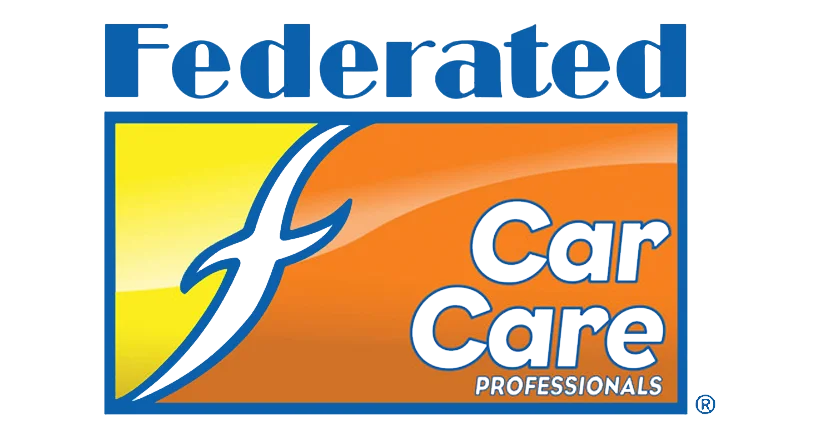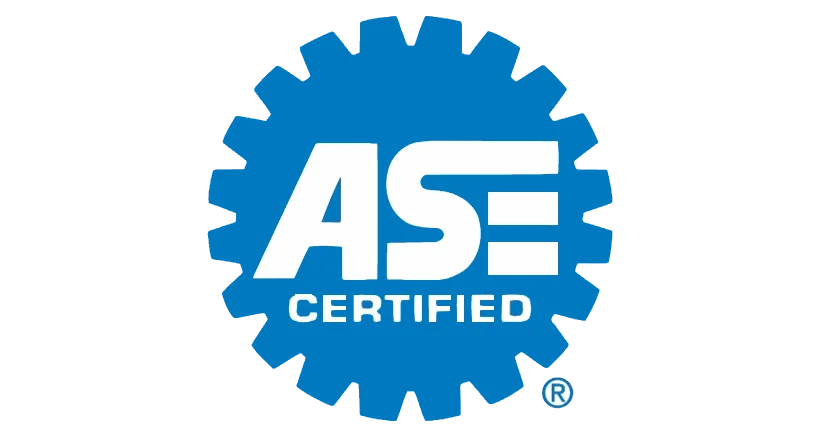What is fleet preventive maintenance?
Fleet services are a cornerstone for ensuring a fleet’s longevity and efficiency. With a vast array of fleet management services tailored for fleet needs, understanding the components of preventative maintenance is the first step towards effective fleet management.
Preventive maintenance is a proactive approach to maintaining the health and efficiency of your fleet. By adhering to a structured fleet preventive maintenance checklist, fleet owners can greatly reduce the likelihood of mechanical failures and ensure that each vehicle operates at its optimal efficiency.
Exploring the facets of preventive maintenance and understanding its implications on fleet health and operational efficiency is vital for fostering a robust preventive maintenance strategy for your fleet.
Defining Preventive Maintenance
Preventive maintenance encompasses a series of maintenance tasks that are performed to prevent potential issues rather than addressing them after they occur. This proactive approach promotes a culture of preventive care that enhances the longevity and reliability of your fleet.
By adhering to a well-structured fleet preventive maintenance checklist, fleet owners are better positioned to maintain the health and efficiency of their fleet, ensuring that each vehicle is ready to meet the daily operational challenges.
What services are included in fleet maintenance?
The scope of fleet services spans comprehensive maintenance, timely repairs, and efficient fleet management solutions. These services form the backbone of a robust fleet vehicle maintenance checklist that caters to the unique needs of your fleet.
Fleet management services cover a broad spectrum, each contributing to the overall efficiency and longevity of your fleet. Core services include preventive maintenance, repairs, tire management, and vehicle inspections to ensure compliance with regulatory standards.
Moreover, fleet services extend to include fleet management solutions, where data-driven insights facilitate informed decision-making, leading to enhanced operational efficiency and cost management.
Integral Fleet Services for Operational Efficiency
Operational efficiency is a reflection of well-maintained vehicles that experience minimal downtime. Fleet management services such as routine maintenance, real-time monitoring, and prompt repairs play a pivotal role in averting potential issues, thus promoting a smooth operational flow.
Engaging with a skilled fleet service provider enables you to tailor a fleet vehicle maintenance checklist that resonates with your operational goals, ensuring that each vehicle is in prime condition to meet the daily demands of your business.
What is the biggest challenge when it comes to operating and managing fleet vehicles?
Fleet management comes with a set of challenges that could impede the smooth operation of your business. Identifying these challenges early on is essential for devising strategies to navigate through them.
Among the hurdles, administrative complexities, compliance with regulatory requirements, and ensuring the safety and well-being of the drivers are the most prevalent. Diving into these challenges provides a clear panorama for fostering a resilient fleet management strategy.
Identifying Core Challenges
The landscape of fleet management is laden with challenges that range from administrative to operational. Tackling issues such as vehicle maintenance, fuel management, and driver safety necessitates a well-rounded understanding and an actionable fleet maintenance checklist.
Staying abreast of regulatory compliance and environmental standards is important to avoid hefty fines and to uphold the reputation of your business.
Forming Strategies to Overcome Operational Hurdles
Overcoming operational hurdles is a matter of strategic planning and employing the right set of tools and services. Utilizing fleet management services provides a structured approach to monitor, manage, and maintain your fleet proficiently.
Additionally, embracing a culture of continuous improvement and learning fosters an ideal environment for addressing challenges and enhancing the operational efficiency of your fleet.
What are the common issues of fleet vehicles?
Every fleet is unique, yet there are common issues that fleet vehicles tend to encounter. These issues, if left unaddressed, can escalate into major problems that significantly impact the operational efficiency and safety of the fleet.
The onset of mechanical issues, the wear and tear of vehicle parts, and electronic malfunctions are some of the common problems that fleet vehicles face. Taking care of these issues promptly through a well-structured fleet maintenance checklist is key to maintaining the health and efficiency of your fleet.
Diagnosing Frequent Issues
Regular inspections and diagnostic tests are vital in identifying common fleet vehicle issues. By diagnosing problems early on, it’s possible to prevent minor issues from escalating into major problems that require costly repairs.
Employing advanced diagnostic tools and technologies, professionals in automotive services can help fleet owners identify and address common fleet vehicle issues, ensuring that every vehicle operates at its optimal efficiency.
Cost Implications of Common Issues
The financial burden of addressing common fleet vehicle issues can be significant, especially if these issues are recurrent. The cost of repairs, coupled with the downtime experienced by the fleet, can have a detrimental impact on the business’s bottom line.
Implementing a proactive maintenance strategy through a detailed fleet maintenance checklist can significantly reduce the cost implications of common fleet vehicle issues, promoting a culture of preventive maintenance and cost-efficiency.
What usually causes fleet problems?
Uncovering the causes of fleet problems is fundamental in devising effective strategies to prevent these issues from recurring. Operational missteps and external factors are among the primary contributors to fleet problems.
By closely analyzing the root causes of fleet problems, fleet owners are better positioned to make decisions that improve their overall fleet health and operational efficiency.
1. Operational Missteps
Operational missteps such as inadequate maintenance schedules, lack of driver training, and ineffective fleet management practices can lead to a myriad of fleet problems. These missteps can result in increased vehicle downtime, high operational costs, and compromised safety.
By building upon your fleet maintenance checklist and investing in driver training and education, you can effectively avoid operational missteps that can lead to fleet problems.
2. External Factors Affecting Fleet Health
External factors such as adverse weather conditions, fluctuating fuel prices, and regulatory changes can also contribute to fleet problems. These factors, although beyond the control of fleet owners, require a proactive approach to mitigate their impact on fleet operations.
Staying informed about external factors and adapting your fleet management strategies accordingly is crucial in maintaining the health and efficiency of your fleet amidst a dynamic operational landscape.
3. Impact of Driving Habits on Fleet Health
Driving habits significantly impact the health and safety of fleet vehicles. Negative driving behaviors such as harsh acceleration, speeding, and hard braking can lead to increased wear and tear, higher fuel consumption, and a heightened risk of accidents.
Implementing safe driving policies and monitoring driving behaviors are vital steps toward promoting a culture of safety and responsibility among your drivers, which, in turn, enhances the overall health and safety of your fleet.
Can bad driving habits affect fleet health?
Negative driving behaviors are not only detrimental to vehicle health but also pose a significant risk to driver safety. By identifying and addressing negative driving behaviors, fleet owners can foster a culture of safety and responsibility that transcends throughout the fleet.
Utilizing fleet management solutions that provide insights into driving behaviors enables fleet owners to take corrective actions, educate their drivers, and promote a culture of safe and responsible driving.
Implementing Safe Driving Policies
Implementing safe driving policies is a proactive approach to mitigating the impact of negative driving behaviors on fleet health. These policies set the standard for safe and responsible driving, creating a conducive environment for fleet safety and efficiency.
Engaging with a reputable fleet management service provider can aid in the development and implementation of effective, safe driving policies that resonate with your fleet’s operational goals and safety standards.
What are the factors causing fleet accidents?
Fleet accidents are unfortunate events that can have severe implications on the safety of your drivers and the operational efficiency of your fleet. Identifying the factors that contribute to fleet accidents is key to devising strategies to prevent these incidents.
Factors such as driver error, mechanical failures, and adverse weather conditions are among the primary contributors to fleet accidents. Understanding these factors and implementing preventive measures are key steps toward creating a safer operational environment for your fleet.
1. Identifying Risk Factors
Identifying the risk factors that contribute to fleet accidents requires a comprehensive approach that encompasses driver education, vehicle maintenance, and effective fleet management practices.
Utilizing advanced fleet management solutions that provide real-time monitoring and analytics can significantly aid in identifying risk factors and implementing preventive measures to reduce the likelihood of fleet accidents.
2. Creating a Culture of Safety
Creating a culture of safety is a collective effort that requires the commitment of both fleet owners and drivers. By promoting safe driving practices, adhering to a structured fleet maintenance checklist, and fostering open communication, a culture of safety can be cultivated within the fleet.
What are the benefits of fleet management?
Fleet management is a multidimensional endeavor that, when executed effectively, can unlock a plethora of benefits for your business. From operational efficiency to cost savings, the benefits of fleet management are instrumental in propelling your fleet operations to new heights.
1. Operational Advantages
The operational advantages of effective fleet management can be greatly beneficial. By optimizing route planning, monitoring vehicle performance, and ensuring timely maintenance, proper fleet management has a direct and positive impact on operational efficiency and reliability.
Furthermore, effective fleet management enables fleet owners to make informed decisions that align with their operational goals, ensuring that every facet of the fleet operations is optimized for success.
2. Financial Savings
Financial savings are among the most enticing benefits of effective fleet management. By reducing vehicle downtime, optimizing fuel efficiency, and minimizing repair costs, fleet management significantly contributes to the financial health of your business.
Employing a robust fleet maintenance checklist and leveraging the expertise of a reputable fleet management service provider can significantly aid in realizing the financial savings associated with effective fleet management.
How can fleet customization impact your business?
Fleet customization is an avenue for enhancing the functionality and efficiency of your fleet. By tailoring your fleet to meet the specific needs of your operations, you are better positioned to achieve your operational goals and enhance the overall productivity of your fleet.
Exploring the various customization options and understanding their impact on your business is crucial for making decisions that align with your operational goals and the unique needs of your fleet.
1. Exploring Customization Options
The realm of fleet customization encompasses a wide range of options that cater to the diverse needs of different operations. From vehicle modifications to the implementation of advanced fleet management solutions, the possibilities for fleet customization are vast.
Professional fleet service providers typically offer a myriad of fleet customization options that empower fleet owners to tailor their fleet according to their operational needs, ensuring that each vehicle is equipped to meet the demands of daily operations.
2. Measuring the Impact on Your Operations
Measuring the impact of fleet customization on your operations requires a comprehensive approach that encompasses performance monitoring, financial analysis, and feedback from your drivers and operational team. Utilizing fleet management applications that provide insightful analytics and performance metrics can significantly aid in measuring the impact of fleet customization on your operations, ensuring that the desired outcomes are achieved.
Implementing a Fleet Preventive Maintenance Checklist
Implementing a fleet vehicle maintenance checklist requires a comprehensive approach that encompasses vehicle inspections, routine maintenance, and timely repairs. By adhering to a structured maintenance schedule, fleet owners can significantly reduce the likelihood of mechanical failures and ensure the continued efficiency and safety of their fleet.
Key Takeaway
Reflecting on the nuances of fleet maintenance and management unveils a route towards not only operational efficiency but also significant cost savings. By embracing a proactive approach, fleet owners are poised to extend the lifespan of their vehicles, reduce accident rates, and propel their operations toward a horizon of growth and stability.
Maintain your fleet the right way with Parma Car Care Specialists!
Embark on a journey of enhanced fleet management with Parma Car Care Specialists! Connect with our adept technicians to schedule your fleet maintenance today and steer your fleet toward a future of reliability and excellence. Our team offers the most comprehensive fleet services in Cleveland, OH, and we’re ready to bring you one step closer to a well-managed fleet.





